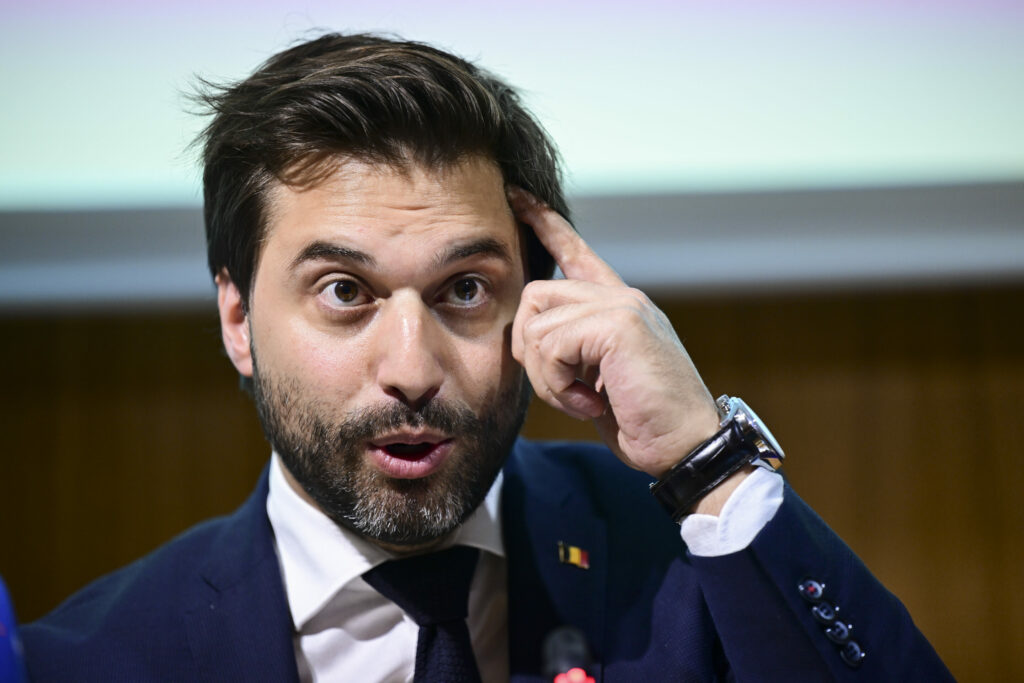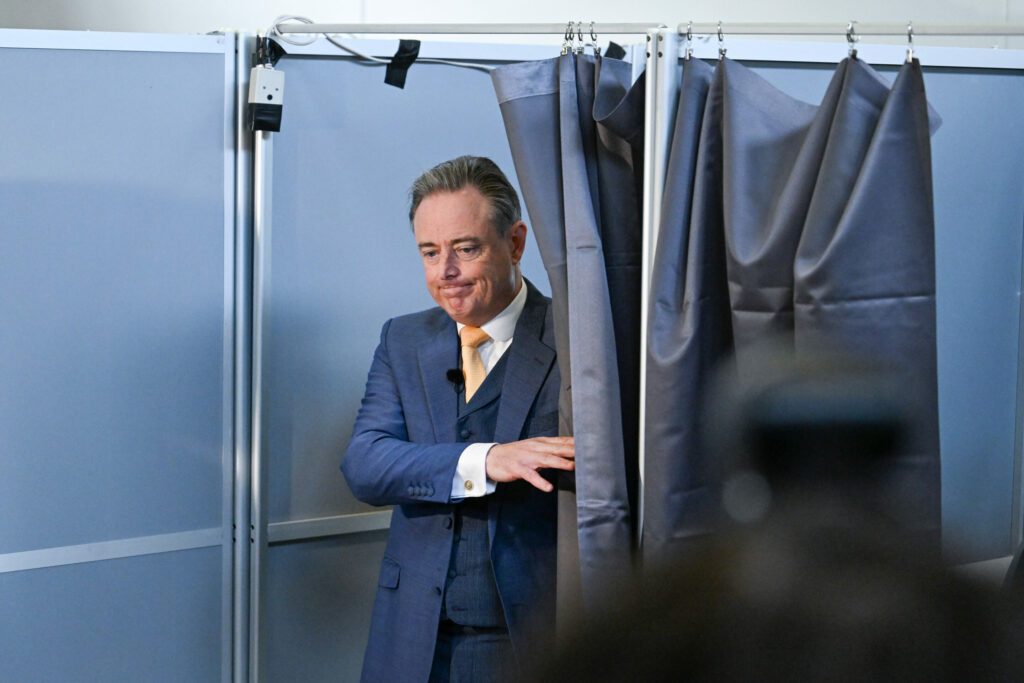For the first time since Sunday's elections, the parties negotiating the next Federal Government agreement – N-VA, CD&V, Vooruit, MR and Les Engagés – will meet again to resume talks.
As the positive municipal results for the five 'Arizona' parties have only strengthened their negotiating positions, the Federal Government negotiations is expected to now take off. In principle, things could move quickly, according to several key figures at the table.
Over the past few weeks, thematic working groups have been reworking and hammering out texts, but the big sticking points – such as the labour market, pensions and tax reform – remain. While time to meet the parties' self-imposed November deadline is running out, it is likely too early for any major breakthrough.
According to N-VA leader and formator Bart De Wever, the moment for political courage has come. The remaining obstacles have not yet been resolved: a substantial budget consolidation of more than €28 billion is still looming – something which will have to be accompanied by major socio-economic reforms if the new Federal Government wants to avoid a much stricter European budget plan of four instead of seven years.
No changes, bigger challenges
De Wever urgently wants to get the budget approved in parliament before the end of the year, as reforms can then take effect from 1 January and 2025 will not be a lost year. The question is if there have been any fundamental changes since the summer, when his socio-economic "super note" fell through due to unbridgeable differences between MR and Vooruit.
Now, two months later, the parties around the table are the same, the budgetary challenges have possibly become even greater, and there are only so many different ways to make savings, De Wever said.
In August, the negotiations were gridlocked because MR leader Georges-Louis Bouchez disagreed with the capital gains tax on shares last summer – a proposal included in the "super-note" as a concession to the socialists. Just last week during the opening lecture on political science at the UGent university, Bouchez made it clear that he had not changed his mind.

MR leader Georges-Louis Bouchez. Credit: Belga/Lauria Dieffembacq
Now, De Wever will be taking the temperature for the first time since the local elections, but major breakthroughs are not yet expected. Negotiators will be discussing how to proceed and set the agenda for the coming weeks. On Thursday, De Wever has to report to the King, who will likely extend his assignment as formator again.
Meanwhile, the outgoing Federal Government in current affairs is preparing its 2025 budget. If no new government is in place by the end of this year, 2025 will become a year in provisional twelfths and without reforms.
In that case, the European Commission will have no choice but to impose a four-year consolidation path on Belgium, outgoing State Secretary for the Budget Alexia Bertrand (Open VLD) explained in the Chamber on Tuesday. However, this is not irrevocable: with a budget adjustment and after a positive opinion from the Commission and the Council, the course can later still be brought to seven years.

